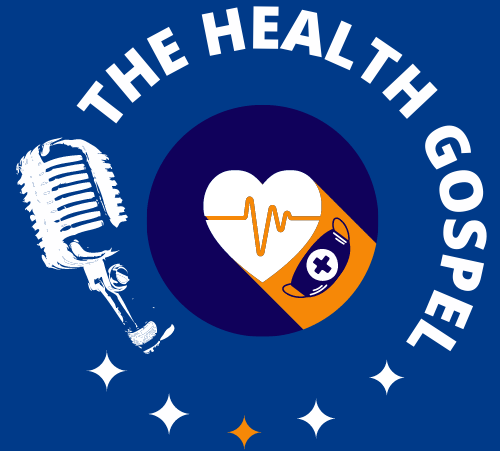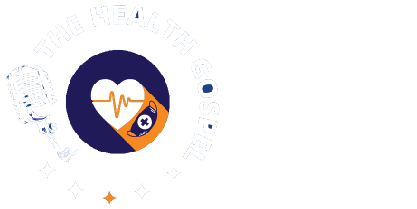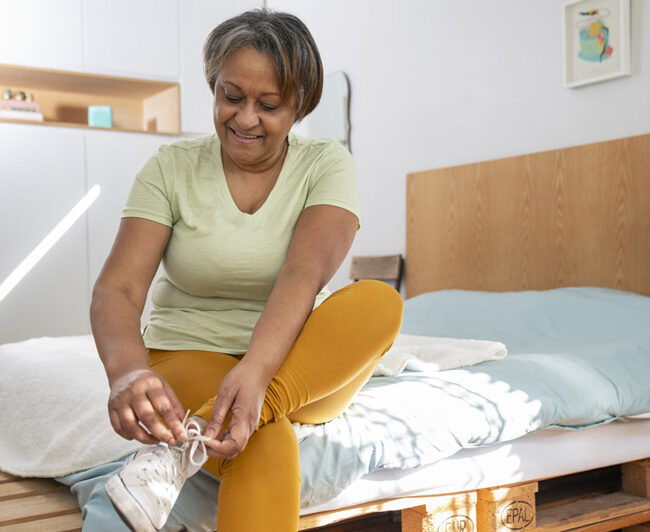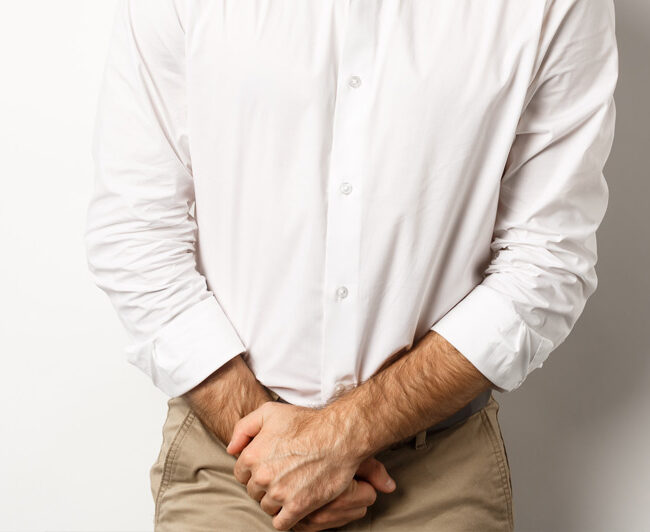
Simple Practices to Ease Menopause
So let´s get into it with some practical, everyday tips to help you look and feel your best during menopause.
- Eat Your Way Through It: the Key is in Nutrition
Here’s what to focus on: Phytoestrogens (the phytoestrogens in the diet, such as soy, flaxseeds and legumes) can also be used to help balance your hormones naturally. Fill up on fruits and veggies that provide vitamins and antioxidants to energize you. Unsaturated Fat: (imagine avocado, nut or olive oil) must be able to function a hormone and it can help your skin. And, be sure to hydrate — dehydration can exacerbate symptoms such as hot flashes. If you can, try to cut down on caffeine and alcohol — both are also disruptive to sleep and can bring on hot flashes.
- Get Moving: Exercise for Energy & Mood
One of the best ways to deal with menopause symptoms is by exercising — but that doesn’t mean you need to spend hundreds of hours in the gym. Here’s the plan: Other aerobic forms of exercise — walking, biking or swimming — are good for the heart and may diminish hot flashes. During menopause, maintaining bone density is of utmost importance and strength training (even light weights or resistance bands) will help you achieve that. Doing some yoga or stretching releases stress and calms the body and mind, thus helping ease mood swings and sleep problems.
Try to have 30 minutes average exercise three to four days every week. It is not about beeing perfect – it is about consistency! Make sure you get enough sleep and deal with any stress It takes some time to get used to the fact that sleep issues are super common during menopause (thank you hot flashes, night sweats, and racing thoughts for just interrupting my peace). However, with some help you can sleep better and rise fresh.
Here’s what helps: Establish a relaxing routine before bed, which can include reading a book, soaking in warm water, or following some light stretches before going to sleep. Ensure that your sleep environment is very comfortable. The room should be cool, dark and quiet. Try relaxation techniques, such as deep breathing or meditation to calm your mind and body for sleep.
And if night sweats are preventing your sleep, use a fan or lose the clothes to maintain some body temp. Reach out to others – you are not in this alone. Menopause can be a lonely business, but of course you are never alone! One of the best things about opening up about your struggles is that you are likely to relate to someone else who is going through the exact same thing. Here’s how to stay connected:
Find a support group, even an online or in-person one. Talking to other women who have gone through the same things can help ease your mind with tips and tricks. Talk to your doctor about your symptoms and do not hesitate. They can recommend and guide you through the right treatments for your specific needs.
Menopause is a huge change, but its also an opportunity to get your health and wellbeing into gear. However, using the right diet, exercising regularly, practicing self-care and support from others can make this transition so much easier on you. Aging and menopause are just part of your life. And don’t fear it, embrace it as a gift. You’ve got this!
Share
Blog
Hate Crime: A Barrier to Our Collective Progress Hate crime has been a growing, ugly shadow over our communities in recent years. This is more than a physical act of violence, it is an emotional and psychological wound that infects families, neighborhood and whole nations. As members of the Health Gospel Community we need to […]
Simple Practices to Ease Menopause Every single woman goes through the stage of life that is known as menopause, but let us be honest — it can sometimes feel like a rollercoaster ride. It can just come out of nowhere, and with everything from hot flashes and mood swings to sleep disturbances and metabolism shifts, […]
Prostate Health and Its Hidden Impact on Your Sex Life Prostate health plays a significant role in a man’s overall well-being, yet it’s often overlooked until it begins to impact daily life—especially sexual performance. Many men experience changes in their sexual function as they age, and prostate issues can be a key factor in this. […]






